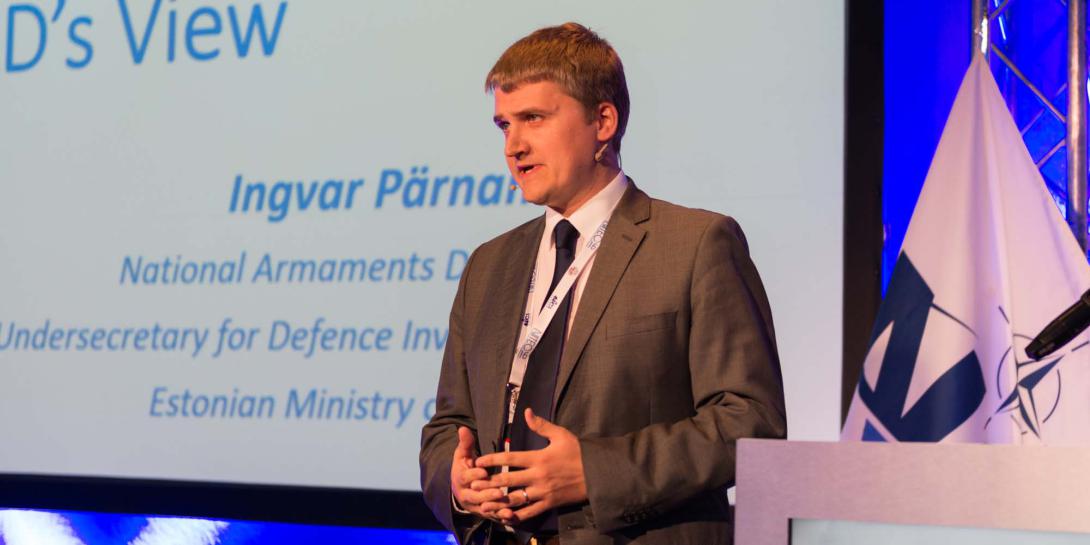Small Budgets Compel Creative Cyber Solutions, Estonia Official Shares
Small nation-state budgets aren’t always such a bad thing, offered Ingvar Parnamae, undersecretary for defense investments for the Estonian Ministry of Defense. It forces leaders to make good choices—it is hoped.
Small nation-state budgets aren’t always such a bad thing, offered Ingvar Parnamae, undersecretary for defense investments for the Estonian Ministry of Defense.
It forces leaders to make good choices—it is hoped.
The drawback, though, is that they are forced to chose between very important priorities and important ones, Parnamae shared on day one of the three-day NITEC 2016 premier cyber conference in Tallinn, Estonia. The conference, presented by the NATO Communication and Information (NCI) Agency and AFCEA Europe and organized in cooperation with the Estonian Ministry of Defense, runs June 7-9.
For small nations such as Estonia, with a total population of 1.3 million, leaders much chose extremely carefully—the wrong decision can leave unaffordable lasting consequences, he warned.
But minimal coffers compelled the defense ministry to get creative in its search for cyber solutions, Parnamae said, citing as an example the nation’s Cyber Defense League, made up of private sector volunteers who work on national defense goals.
In Estonia, military priorities go beyond cyber-based needs. The want-list includes infantry fighting vehicles, anti-tank missiles, command and control and information technology equipment, early warning systems, air base equipment and equipment for individual soldiers, to name a few.
When the Soviet Union pulled out of Estonia in 1994, the government took everything with it, including swiping window frames from some barracks, Parnamae quipped. The dilemma did produce a silver lining: no legacy systems that today would require upgrades.
Though a national leader in cyber defense, the Baltic nation faces a number of key challenges, from mounting defense procurement needs to having limited personnel to carry out tasks.
That said, Estonia’s defense ministry is a big builder and constructor and the second largest real-estate manager among the ministries, holding about 20 percent of government-owned real estate, Parnamae said.





Comments